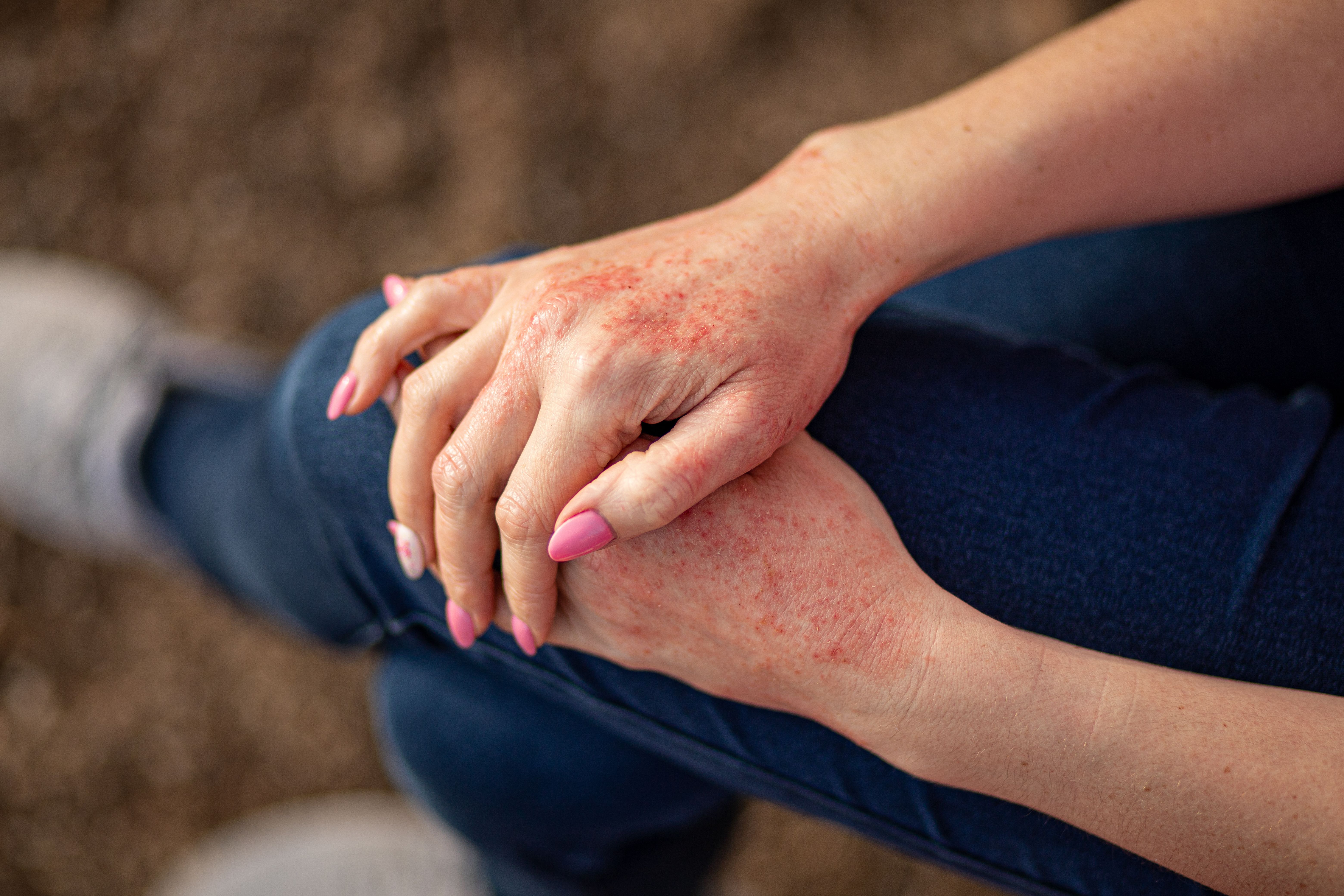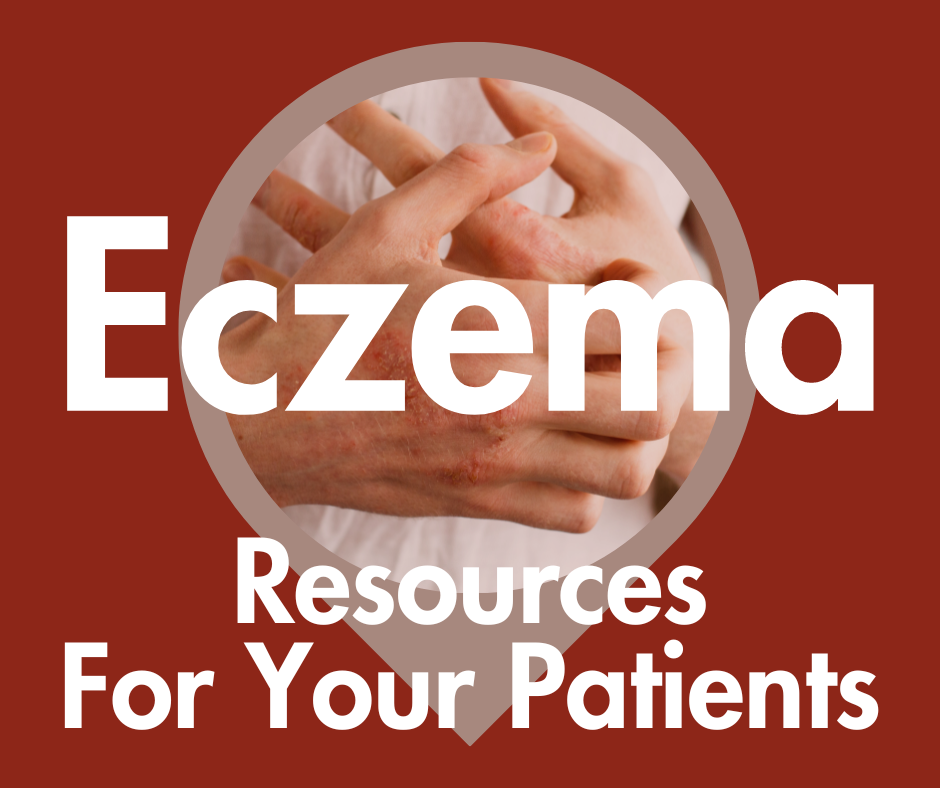- Case-Based Roundtable
- General Dermatology
- Eczema
- Chronic Hand Eczema
- Alopecia
- Aesthetics
- Vitiligo
- COVID-19
- Actinic Keratosis
- Precision Medicine and Biologics
- Rare Disease
- Wound Care
- Rosacea
- Psoriasis
- Psoriatic Arthritis
- Atopic Dermatitis
- Melasma
- NP and PA
- Skin Cancer
- Hidradenitis Suppurativa
- Drug Watch
- Pigmentary Disorders
- Acne
- Pediatric Dermatology
- Practice Management
- Prurigo Nodularis
- Buy-and-Bill
News
Article
Alexis Smith: Eczema Representation Through Under My Skin Documentary
Author(s):
In this Q&A, eczema patient, advocate, and "skinfluencer" Alexis Smith offers perspectives on National Eczema Awareness Month and AbbVie's Under My Skin documentary.
In part 2 of this discussion centered around AbbVie's Under My Skin documentary and the importance of eczema and atopic dermatitis (AD) representation, eczema patient, advocate, and "skinfluencer" (@eczemalove) Alexis Smith shares her experiences with eczema and the importance of awareness and representation for those with the condition.
Irina/Adobe Stock

Dermatology Times: What do you wish dermatologists knew about the patient's perspective of life with eczema? How does this differ or compare to what you wish others knew about the toll of eczema?
Alexis Smith: I went through a phase during my eczema journey where I believed “Everyone is going to be grossed out by me,' so I went to great lengths to conceal my flare-ups.
Reflecting on this experience and considering what I wished I had from those around me, I hope that more dermatologists understand the importance of small talk. Questions about the environment, hobbies, living situation, pets, sleeping habits, and mental health can all be very relevant to the reason that the patient ended up in that exam room. It may also help to unveil the crucial information that the patient might not have considered relevant but could be essential to determining an effective treatment.
Dermatology Times: The AbbVie Under My Skin documentary highlights the importance of a support system. In your experience, how can family and friends best support someone with eczema emotionally?
Smith: It’s easy to feel alone with a visible skin condition that most people try to hide because then you think you’re the only one going through it. I think the biggest way of showing support is by making someone feel heard.
Atopic dermatitis may not be taken seriously by family and friends because it frequently presents as a minor rash in the elbow or on knee creases. If people have only encountered eczema in this form in the past, it can be challenging for them to grasp how debilitating it can become. Understanding the complexities of this condition and how it can make navigating life a bit harder both physically and emotionally, can go a long way. Even simple gestures, such as carrying an eczema-safe moisturizer in case your loved one needs it, can make a meaningful difference.
Dermatology Times: Is there anything else related to the documentary or to the emotional impacts of life with eczema that you feel would be important for those in the dermatology field to consider or be cognizant of?
Smith: I absolutely love that we are seeing more information out there about the connection between mental health and eczema. It's a challenging topic to address, but it's essential to tackle these uncomfortable issues head-on as it is all too common for people living with this condition to feel isolated or hopeless.
I know I mention it in the documentary as well but for my personal journey, sleep played a significant role in impacting my emotions. I vividly recall my high school days when uncontrollable scratching would keep me up at night, resulting in inadequate sleep. This, in turn, led to me dozing off in class, missing parts of lessons, falling behind on homework, and needing frequent naps. It's fair to say that my constant fatigue and the bright rash on my face made me irritable, and it certainly strained my relationships with teachers, who understandably disapproved of students falling asleep in class, as well as with family and friends.
Ultimately, I would just really like to see more discussions about how eczema can affect various aspects of life that often go unaddressed. By doing so, I think we are opening the door for improved care and a greater understanding of the condition.
Newsletter
Like what you’re reading? Subscribe to Dermatology Times for weekly updates on therapies, innovations, and real-world practice tips.





